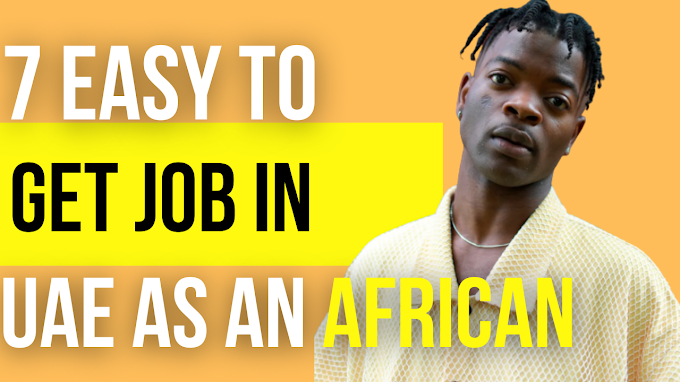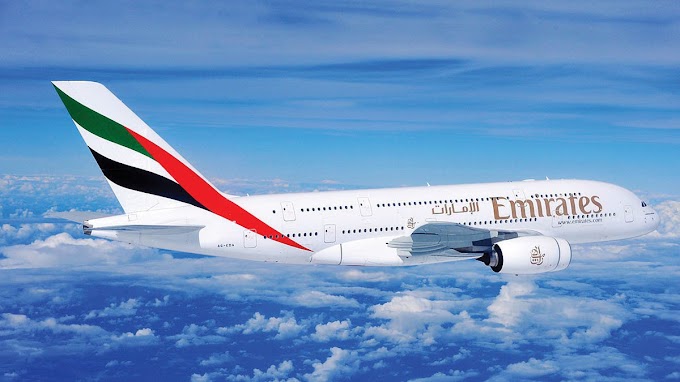Dubai stands out as a global expat hub, with an impressive 85% of its residents being expatriates. This booming city, hosting one of the Middle East's busiest airports, attracts a steady stream of tourists and expats. Amidst this vibrant environment, Dubai boasts a high standard of healthcare, featuring top-notch hospitals and clinics where practitioners commonly speak both Arabic and English. However, the healthcare system faces challenges in keeping up with the rapid population growth in the region. Whether you're considering a move or planning a short visit, it's essential to understand Dubai's healthcare landscape before you go.
Understanding the Structure of Healthcare in Dubai
Dubai, as an emirate of the United Arab Emirates, operates a healthcare system regulated at both the federal and emirate levels. The Dubai Health Authority (DHA) oversees healthcare, managing both public and private sectors. Public facilities like Dubai, Rashid, Latifa, and Hatta hospitals, known for their comprehensive services, contribute to Dubai's status as home to one of the world's best healthcare systems.
Financing Dubai's Healthcare System
Dubai's healthcare funding comes from taxation, the public sector, and a portion from patient expenditures and co-pays. Employees with workplace coverage usually bear a 20% copayment, capped at 1,000 dirhams annually. While employers must provide medical insurance for expat employees, covering dependents is optional. The rising cost of healthcare, reaching 53 billion dirhams, poses funding challenges, especially given Dubai's lack of personal income tax.
Navigating Public and Private Care Differences
Public healthcare, mainly used by Emirati citizens, maintains high standards, though expats often opt for private healthcare. Over 130 private health facilities, including luxury options, cater to diverse needs. Private facilities offer shorter wait times and access to a range of specialists, making them a popular choice among the expat community.
Coverage Eligibility and Legislation
Since 2014, Dubai mandates medical insurance for all residents, with companies obliged to provide it for expat employees. The Essentials Benefits Plan (EBP) aids expats with lower salaries, offering basic medical care coverage. Employers can choose an alternative plan but must match or exceed the EBP's basic benefits.
Applying for Public Healthcare in Dubai
Legal workers can access healthcare, with employers required to provide insurance and support through the EBP system. Obtaining a health card for government-run facilities involves an online application or in-person visit, requiring essential documents and a fee.
Maternity Care in Dubai's Healthcare System
Dubai provides excellent maternity care, with dedicated women-only health clinics. While public healthcare insurance doesn't cover all maternity costs, public hospitals like Latifa offer neonatal intensive care. Maternity registration demands a valid health card, passports, residency visas, and a marriage certificate, emphasizing Dubai's regulatory standards on healthcare and morality. Homebirths are prohibited, and abortion services are only permitted in specific circumstances, underlining the strict healthcare regulations in the United Arab Emirates.


.png)









